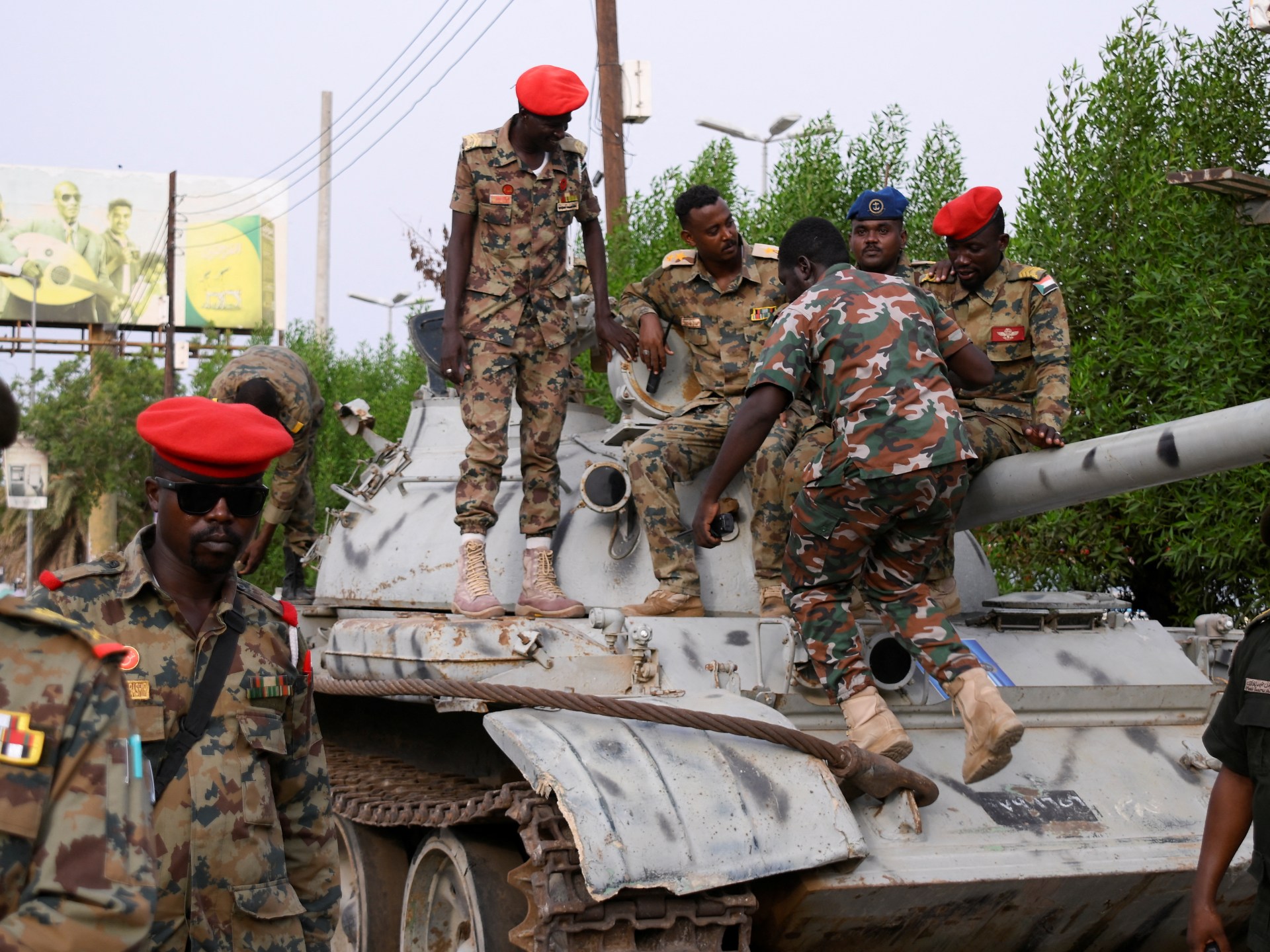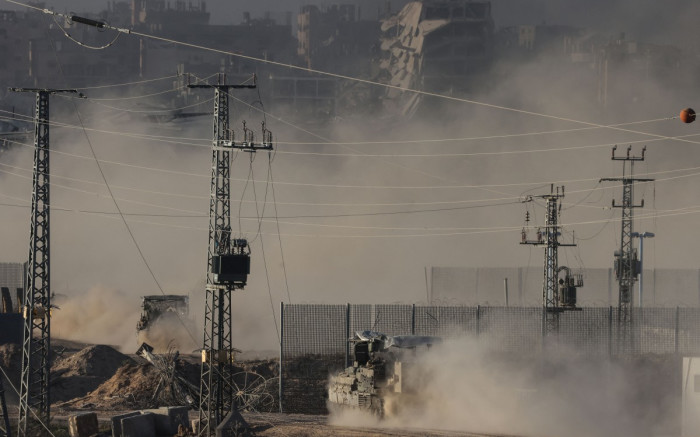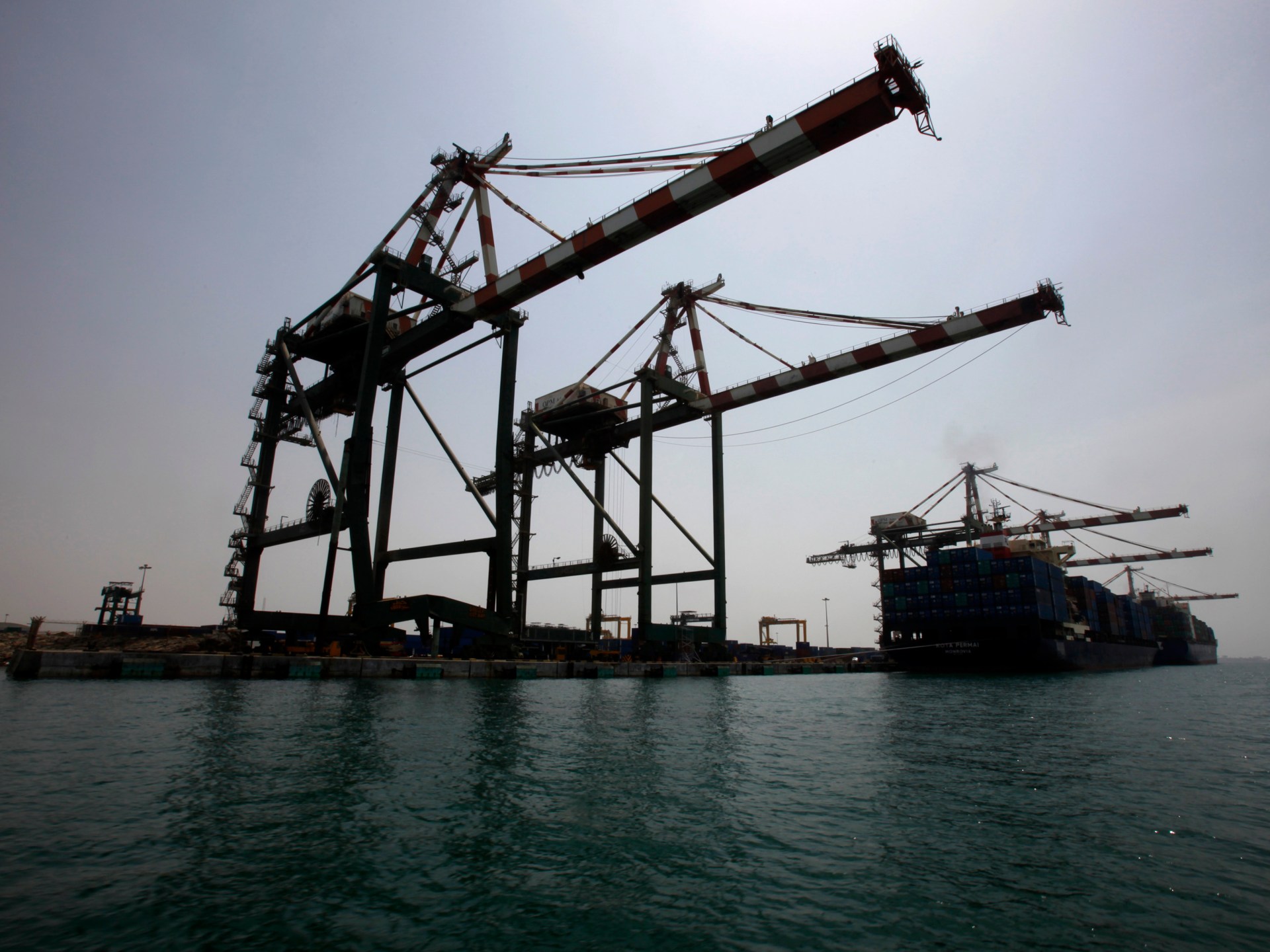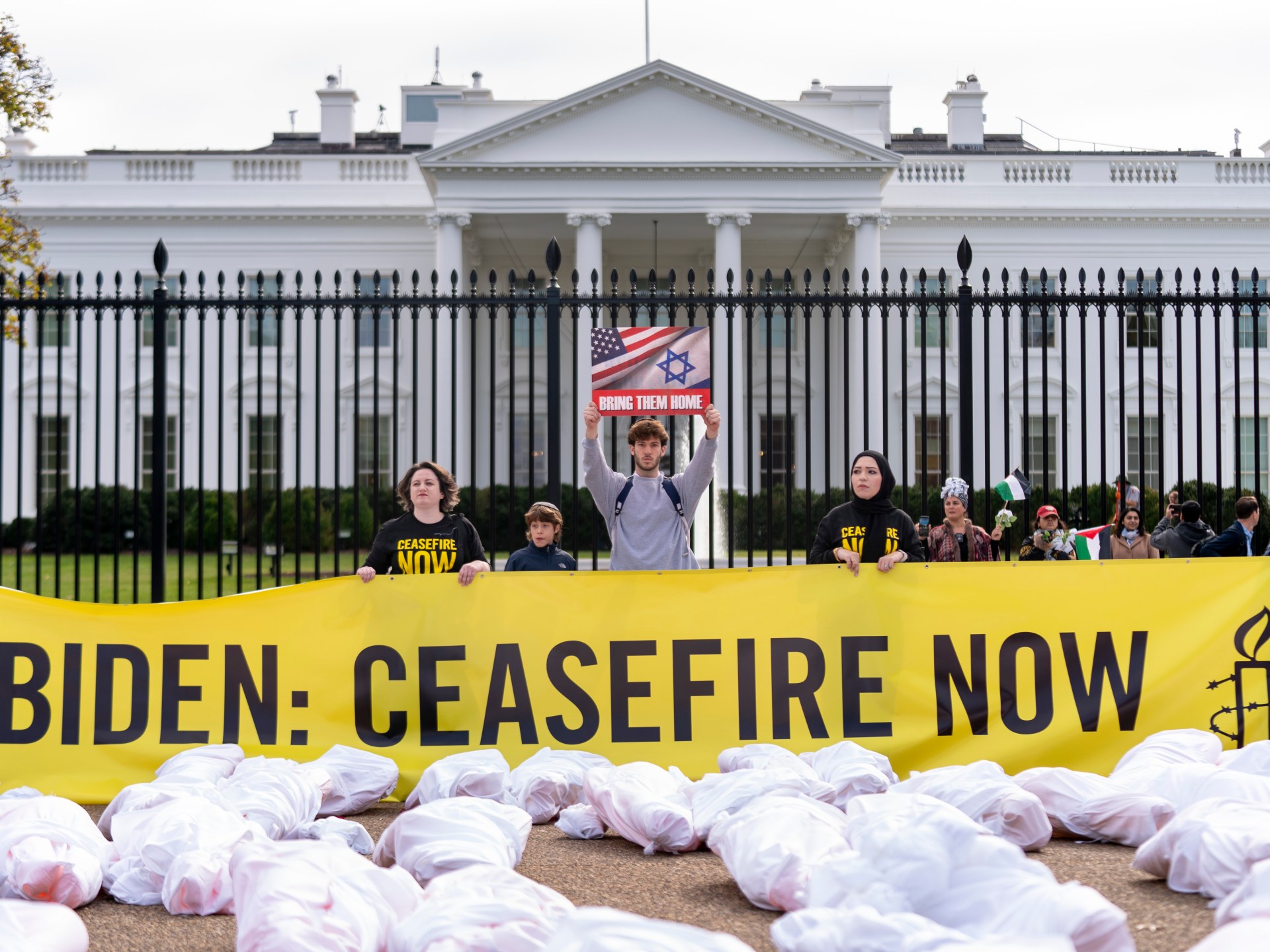
Doha, Qatar – The next major battle in Sudan’s civil war between the army and the paramilitary Rapid Support Forces (RSF) could lead to all-out ethnic violence that endangers entire communities, residents, experts and aid groups told Al Jazeera.
Over the past week, the Joint Protection Forces (JPF) – five largely non-Arab armed groups – have deployed hundreds of reinforcements about 80 km (50 miles) northeast of el-Fasher, the capital of North Darfur, local residents told Al Jazeera.
They claim they are there to protect civilians from a possible attack by the RSF, whose fighters are predominantly from Arab tribes.
“In the last three days… it has become pretty clear to most people on the ground [the fight for North Darfur] will most likely develop into a full-scale, ethnically based conflict,” said Nic Pyat, chief of mission at Nonviolent Peaceforce, an NGO that works to protect civilians worldwide.
The JPF – former Darfur rebel groups tasked with security in the region following the withdrawal of the UN-African Union peacekeeping force in early 2021 – was a neutral entity at the time and promised to protect key markets and civilians across Darfur despite its limited capabilities protect when the war broke out in April.
RSF fighters have defeated Sudan’s army in four of the five Darfur states. During their charge, the group killed Civilians, victims of sexual violence against women and looting of urban neighborhoods.
North Darfur could suffer a similar fate if the RSF wrested it from the army, residents and observers say.
“Everyone is scared,” said Ibrahim Moussa, a local journalist in the area. “They are afraid because there is no official statement [from the RSF] about whether they will attack the army or not.”
A bloody peace agreement
The JPF was formed when several armed groups originally from Darfur signed the Juba peace agreement in October 2020 with the army and RSF, previously solid allies.
The agreement allowed non-Arab rebel groups to return to Darfur from exile in Libya, where they had been for four years.
The groups included the Justice and Equality Movement (JEM) led by Gibril Ibrahim and a faction of the Sudan Liberation Army led by Minni Minawi (SLA-MM) – under the JPA power-sharing arrangement, Ibrahim became finance minister while Minawi was appointed governor of Darfur.
A year later, both men joined the army, the RSF and smaller armed groups in staging a coup against the civilian cabinet, which had shared power with security forces since a popular uprising in 2019 that toppled autocratic President Omar al-Bashir .
They planned to divide the spoils from business and ministerial positions, but in April this year a power struggle between the army and the RSF finally erupted into full-scale civil war.
Ibrahim and Minawi held off for months, claiming to be neutral in the conflict, but they officially fell short explained Support for the army on November 16th. Four days later, Abdallah Banda’s Sudanese Forces for Justice and Equality gathering in al-Fasher followed Men’s suit.
“These men are sacrificing the positive image of the Joint Protection Forces and their movements to be warlords,” said Suliman Baldo, the founder of Sudan Transparency and Policy Tracker, a think tank that provides policy analysis for the country.
“They are joining forces with the army to protect their narrow economic interests,” he added.
Ethnic recruitment
Both Ibrahim and Minawi are descended from the Zaghawa tribe, and their fighters make up a large part of the Joint Protection Forces now based outside al-Fasher.
Since returning to Darfur in 2020, JEM and SLA-MM have been actively recruiting in el-Fasher, attracting young Zaghawa and Fur men from the Zamzam IDP (internally displaced persons) camp, which is home to approximately 100,000 people 120,000 – aid organizations working in the region told Al Jazeera.
“The situation in the camps is quite worrying because we know that the JPA forces have mobilized some of the displaced people, especially in Zamzam,” said a foreign aid worker who wished to remain anonymous.
“On the one hand, it means that there are more people defending the camps. On the other hand, it could also mean that the camps are viewed by the RSF as a target and therefore a battlefield.”
Ibrahim has had difficulty retaining some senior commanders recently. In August JEM fighters created a splinter group after accusing Ibrahim of supporting the army in the war.
Aid groups and local residents do not believe this will hinder Ibrahim’s recruitment efforts as he can pay his fighters generously from the state coffers.
Meanwhile, Arabs in al-Fasher are joining the RSF for protection, said Hooa Daoud, a journalist who spoke to Al Jazeera from al-Fasher. “[D]“In any emergency or crisis, people hide behind their tribe,” she explained.
Many Arabs in the region were arrested by military intelligence at the start of the war because of their perceived ethnic affiliation with the RSF, she added.
“In the last three months, many young Arab men have done it [been] “They were recruited into the RSF from several areas in North Darfur,” Daoud said.
New atrocities and regional impact?
The residents of al-Fasher believe that the RSF wants to conquer all of Darfur and that an attack is imminent. But Yousif Ezat, the RSF spokesman and spin doctor, said he knew nothing of any plans for a military operation.
“The RSF does not want to get involved in any war with armed movements or tribes,” Ezat added.
But just two weeks ago, the RSF and allied Arab militias allegedly killed 1,300 non-Arab Masalit civilians in a refugee camp in West Darfur to seize their land and water resources.
Local observers believe the incident may have been the largest mass killing since the start of the war.
Alan Boswell, a Sudan expert at the International Crisis Group, a nonprofit organization that works to end and prevent conflict worldwide, warned that similar atrocities could occur in North Darfur.
“There is a great risk of military combat [in North Darfur] “Ethnic violence and atrocities like those in West Darfur are occurring,” Boswell told Al Jazeera.
“Any fighting between the RSF and Zaghawa groups could also impact Chad, where there could be greater unrest [President Mahamat] Deby’s approach to the war in Sudan from within his camp.”
Deby, whose name is Zaghawa, has groomed He has an ambivalent stance on Darfur but could come under pressure at home to defend his relatives if they are attacked in Sudan. For now, civilians in al-Fasher are just hoping to avert all-out war.
“There is a cautious calm,” said Moussa, the local journalist.
“The RSF has done nothing and Minnawi and Ibrahim say they will only respond if citizens and the city are attacked. “But there is fear everywhere.”






Recent Comments